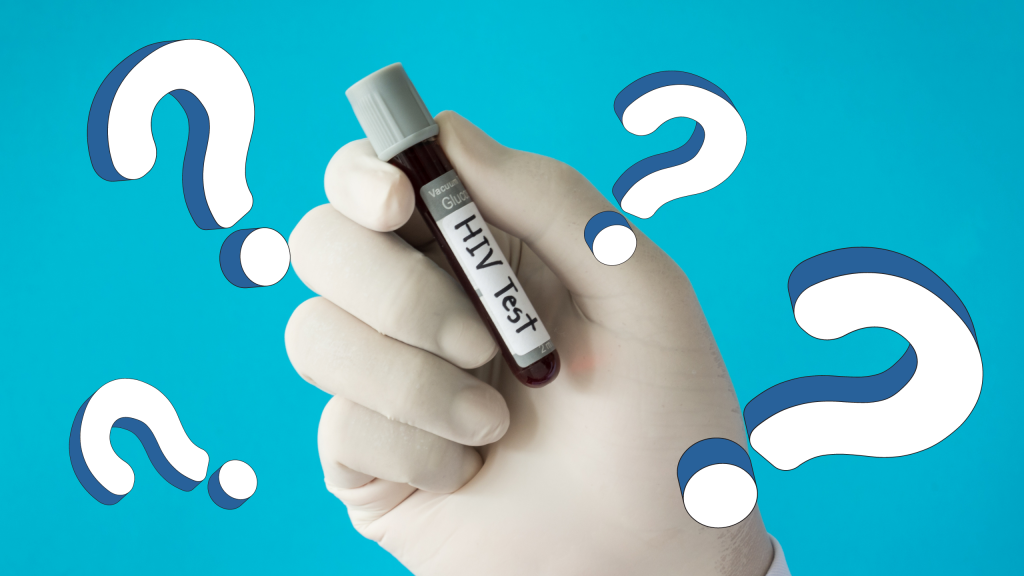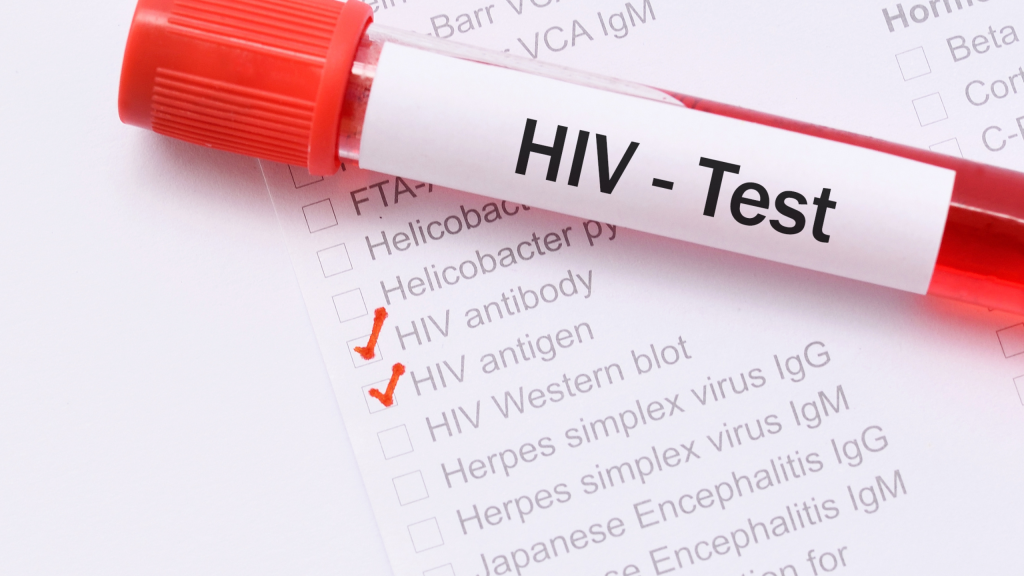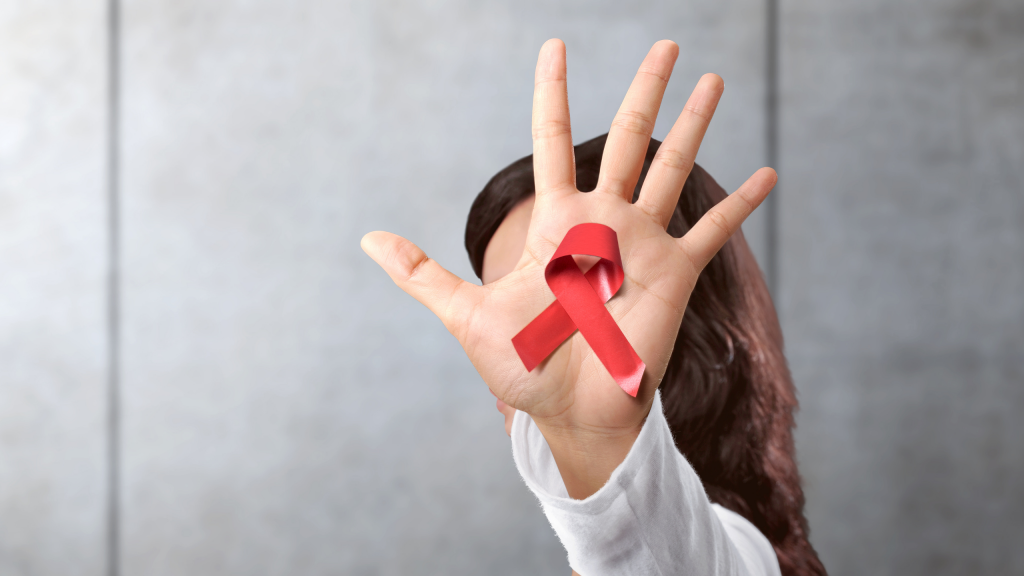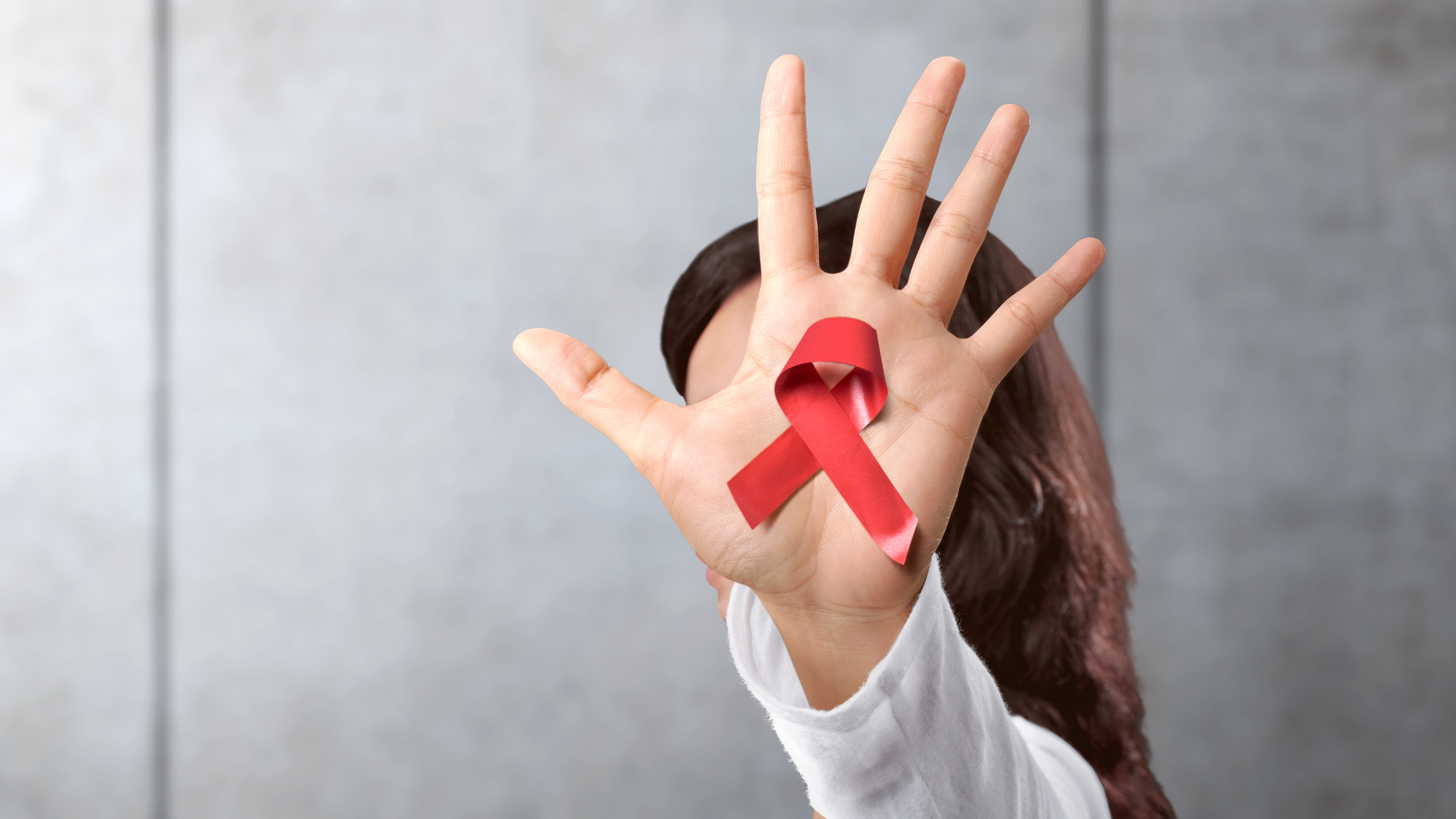Early HIV detection can increase your chances of living a long, healthy life if you have HIV. The only way to determine if you have the virus is through HIV testing (also known as HIV screening). Finding out about the infection quickly allows you to begin treatment right away with antiretroviral medication (ART). You can also take adequate precautions to prevent spreading HIV to others.

HIV Testing 101: The Ultimate Guide to Understand HIV Tests
To determine if you are infected, many test types are there that examine your blood or other bodily fluids. Because it takes time for your body to produce antibodies or for the virus to grow sufficiently inside you, most people are unable to detect HIV right away. HIV Counseling plays a crucial role in helping you determine the right HIV Test for you. Let’s have a look at the available HIV Tests:
Standard Blood Test:
This method involves drawing blood from a vein, which is then sent to a lab for analysis. This test can detect HIV antibodies 23 to 90 days after infection.

Rapid Blood Test:
In this test, a small amount of blood obtained from a fingertip prick is used to screen for antibodies. The testing window ranges from 18 to 90 days.
Antigen/Antibody Test:
Antibodies and antigens are both important components of the body’s immune system response to infections, including HIV.
An antibody test detects the presence of antibodies produced by the body in response to the virus. On the other hand, an antigen test detects the presence of a viral protein called p24 antigen, which is produced by the virus shortly after infection. An antigen can be detected as early as the 18th day after potential exposure.
Fourth-generation testing checks for both antibodies and antigens making it highly accurate. This test can detect HIV 18 to 45 days after exposure. Fourth-generation testing can detect HIV in 99% of those tested within 13 to 42 days of exposure.
HIV Early Detection Test (NAAT):
An early detection test for HIV is a type of test that identifies the virus at an earlier stage than conventional HIV tests. Rather than looking for antibodies, these tests detect HIV RNA in the bloodstream. As such, the NAAT test involves the detection of the genetic material of the HIV virus. HIV RNA PCR is a NAAT Test (Nucleic Acid Amplification Test). HIV 1 & HIV 2 RNA PCR Tests are done separately.
Early detection HIV tests are highly precise, with a 95-99% rate of accuracy when administered 9-11 days after a possible exposure.

Urine Test:
This test screens for HIV antibodies but is less reliable than other tests that examine blood or oral fluid. The testing window is the same as a typical HIV test.
Oral Examination:
This test involves rubbing a swab in the space between the teeth and gums to obtain oral fluid for testing HIV antibodies. This test is accurate if you’ve had the virus for some time, but it may not be as accurate if you have a recent infection. The testing window ranges from 23 to 90 days.
Conclusion
Getting tested is the only way to find out if you have HIV. Everyone between the ages of 15 and 65 should undergo an HIV test at least once. Pregnant women should get tested for HIV too since, with early treatment, the chances of passing the HIV Virus to their child is greatly reduced.

Various different types of tests are available and your medical practitioner will be able to guide you on the appropriate HIV Test suitable for you as per your situation. HIV Counseling is essential to zero in on the correct HIV Test and the future course of action. The HIV Fourth Generation Test & the Early Detection HIV Test are highly accurate HIV Tests that can help you determine your HIV status quickly and reliably.
DrSafeHands provides confidential HIV Counseling, Testing & Treatment. If you have any queries, feel free to get in touch with one of our well-qualified and trained professionals.
FAQs
Q1) What is the difference between HIV Antigen/Antibody Tests & HIV Early Detection Tests?
HIV Antibody Tests look for antibodies while HIV Early Detection Tests look for HIV RNA in the bloodstream.
Q2) How accurate are Early Detection HIV Tests?
Early detection HIV tests are highly precise, with a 95-99% accuracy rate when taken 9-11 days after potential exposure.
Q3) What is the recommended frequency of HIV testing for sexually active individuals?
Sexually active individuals should undergo HIV testing at least once, but preferably every year or more frequently if they engage in high-risk behaviors.
Disclaimer: This website may contain general information relating to various medical conditions and their treatment. Such information is provided for informational purposes only and is not meant to be a substitute for the advice provided by a doctor or other qualified healthcare professionals. Readers should not use the information contained herein for diagnosing a health or fitness problem or disease. Readers should always consult with a doctor or other healthcare professional for medical advice or information about diagnosis and treatment.


Leave a Reply